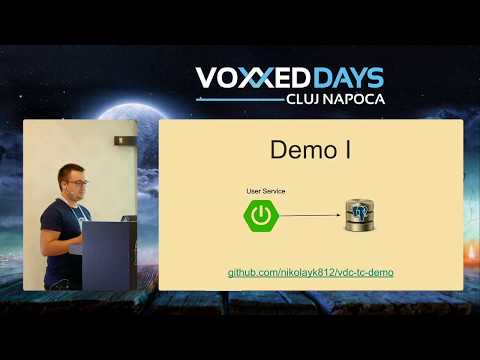Description:
Save Big on Coursera Plus. 7,000+ courses at $160 off. Limited Time Only!
Grab it
Explore integration and end-to-end testing techniques using TestContainers and JUnit 5 in this comprehensive 59-minute Devoxx conference talk by Nikolay Kuznetsov. Learn how TestContainers simplifies the process of starting service dependencies like Postgres and Redis in disposable Docker containers. Discover key features such as Docker environment autodiscovery, random port mapping, network configuration, waiting strategies, and container cleanup. Dive into code samples and witness live demonstrations of integration tests for two services utilizing Postgres and Redis. Gain insights into running multiple services simultaneously in Docker containers for end-to-end testing. Master JUnit 5 extensions, testing environment clusters, and Docker network aliases to enhance your testing capabilities. Walk away with valuable takeaways to improve your integration and end-to-end testing practices.

Integration and End-to-End Testing with TestContainers and JUnit 5
Add to list
#Conference Talks
#Devoxx
#Computer Science
#DevOps
#Docker
#Programming
#Programming Languages
#Java
#JUnit
#Container Management
#Software Development
#Software Testing
#Integration Testing
#End-to-end testing
#Testcontainers